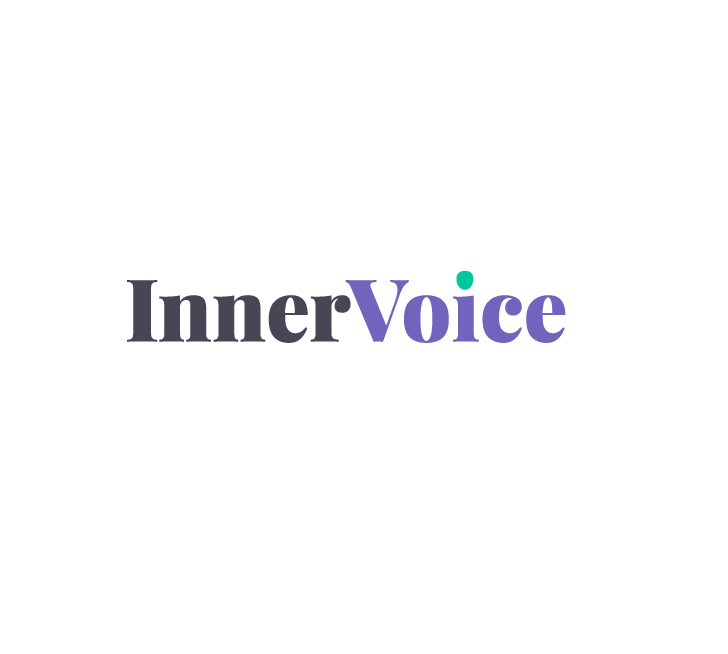High levels of employee engagement are crucial for a company's success. Employees who are invested in their work and committed to the organization are more likely to go above and beyond in their roles. However, many organizations grapple with hurdles in this area, which can have a detrimental impact on both productivity and talent retention.
- Communication and transparency: One significant hurdle in maintaining employee engagement is the absence of clear communication and openness within the organization. Employees desire to be well-informed about organizational objectives and key decisions. Poor transparency can sow seeds of doubt and mistrust among the staff. Thus, it's vital to keep the lines of communication open, disseminate information, and foster conversations with employees. This can be accomplished through mechanisms such as newsletters, regular team meetings, and digital communication channels.
- Recognition and appreciation: Another challenge facing organizations is the insufficient recognition and appreciation of employee achievements. It's imperative that employees feel acknowledged for their hard work and contributions. To address this, companies should instill a culture that celebrates recognition and values appreciation. This involves consistently offering feedback, celebrating milestones in team meetings, and suitably rewarding exceptional performance.
- Career development: Employees aspire to progress and improve in their job roles. A prevalent issue affecting employee engagement is the shortage of opportunities for career growth. Companies can alleviate this by outlining transparent career paths, thereby offering employees opportunities to enhance their skills and expertise. Options like training sessions, mentorship programs, and avenues for internal promotions can be highly effective.
- Work-Life balance: Striking a healthy work-life balance is another obstacle often faced by employees. They wish to allocate sufficient time and energy to both their professional and personal lives. Encouraging a culture that prioritizes a balanced work-life setup can significantly elevate employee engagement. Companies can facilitate this by providing flexible working hours, options for remote work, and additional perks like childcare services, gym facilities, or flexible leave policies.
Patagonia's success story: achieving a balanced work-Life culture
Patagonia, the outdoor apparel company, has successfully boosted employee engagement by focusing on work-life balance. They recognize that employees are at their best when they can harmoniously balance their work and personal lives.
To support this, Patagonia offers several beneficial arrangements, including 12 weeks of fully paid medical leave for both male and female employees, as well as on-site childcare services. This initiative took root in 1983 when merely 150 companies in the U.S. had such offerings. Remarkably, today, 100% of their female workforce returns post-maternity leave.
Adopting this strategy has led to elevated levels of employee engagement and satisfaction at Patagonia. Staff members feel supported and valued in their pursuit of a balanced life, contributing to a positive work atmosphere and robust organizational performance.
Questions or you would like to know more?
I am happy to help you



